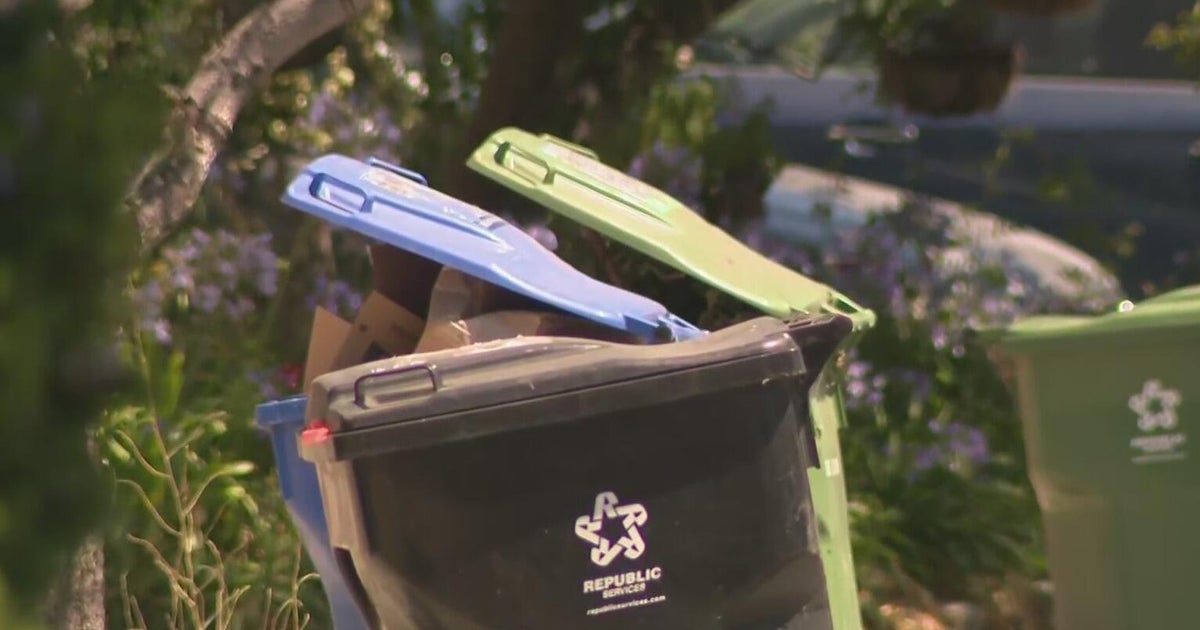Gov. Brown Vetoes Bill Requiring Later Start Times For Schools
SAN FRANCISCO (CBS SF) -- Gov. Jerry Brown vetoed a new law Thursday that would have banned an early morning start for classes at the state's public middle and high schools.
The bill which was passed by the legislature and sponsored by Sen. Anthony Portantino (D-La Cañada Flintridge) would have prohibited schools -- outside of rural farming communities -- from starting classes earlier than 8:30 a.m.
"This one-size-fits-all approach is opposed by teachers and school boards," Brown wrote in his veto letter. "Several schools have already moved to later start times. Others prefer beginning the school day earlier. These types of decisions best handled in the local community."
When passing the bill, state lawmakers cited experts who claim school children are not getting enough sleep.
"That delayed school start time could have a big impact on middle school children and adolescents," Dr. Carol Ash, a sleep expert with RWJBarnabas Health in New Jersey, told CBS This Morning. "When they don't get the sleep they need, it can cause poor academic performance, drowsy driving depression, loneliness, social isolation, addictive behaviors and weight gain, obesity and hypertension. So it has a significant health and mental impact on your children."
Ash says just sending kids to bed earlier doesn't really make a difference because of how their brains work.
"You know adolescents, the middle and high school children, their brains are different," Ash says. "Melatonin gets released later in children. And also the pressure to fall asleep is less. So it's harder for them to fall asleep at night, so they can't go to bed earlier. [They're] just physiologically different."
The CDC says five out of six middle and high schools in the United States start before 8:30 a.m., while sleep deprivation for students is a common problem across the country. Sixty percent of middle schoolers and 70 percent of high schoolers do not get the recommended amount of sleep.
That has potentially damaging effects on their health and learning and Ash says that could be costly.
"The cost of sleep loss is astronomical. It's costing billions of dollars," Ash says. "Poor academic performance, absenteeism at school. And federally funded dollars are attached to the absenteeism rate. So if kids are not showing up in school, they're gonna get less dollars."
Opponents of the bill don't dispute the research but say school boards should decide how to run their schools.
The California School Boards Association and the California Teachers Association were among those that fought the legislation. They argued for local control, saying schools, not the state, should assess their communities' needs given the diversity of California's school districts.
"What we oppose is a one-size-fits-all statewide mandate," said Eric Heins, president of the CTA, which pressured lawmakers to reject a different version of the legislation last year. A revised bill, which added an exemption for rural school districts, passed the Legislature in August, with the CTA still opposed.
Heins and other opponents say later start times could result in unintended costs and consequences, particularly for working parents, who may have to arrange childcare or struggle to get to work on time if dropping their kids at school later. There could also be added costs for school districts if they need to pay for additional buses to accommodate the time changes, he said.
© Copyright 2018 CBS Broadcasting Inc. All Rights Reserved. The Associated Press contributed to this report.



